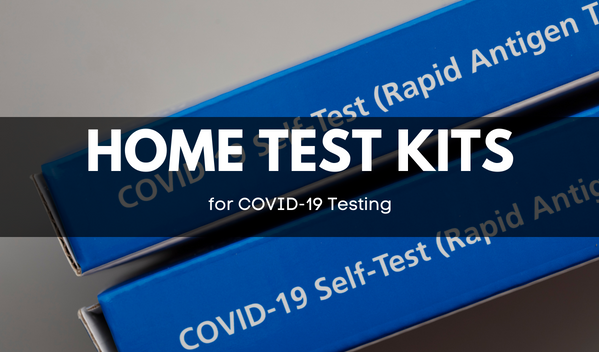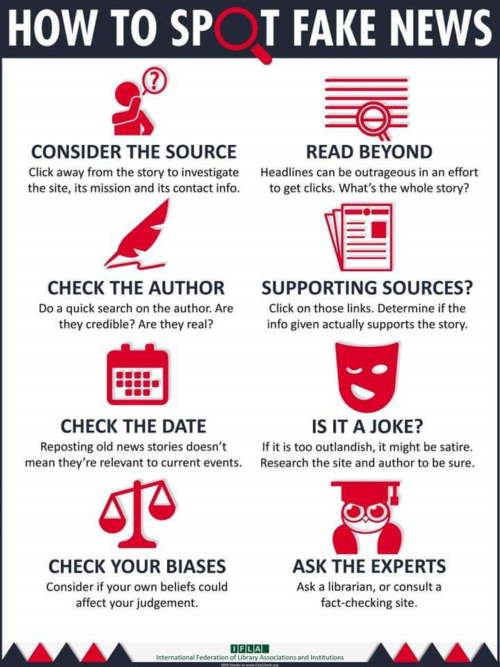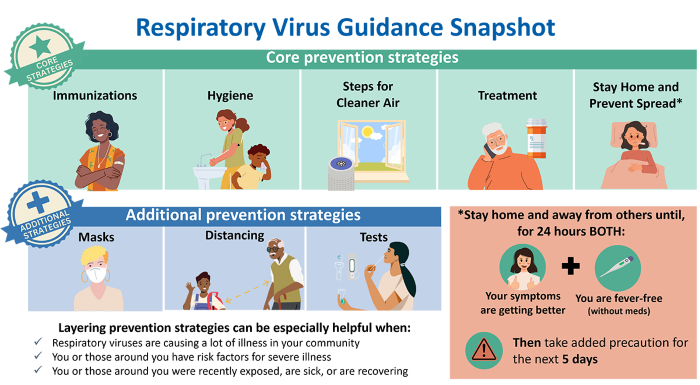Important Information on COVID-19
Where to Find COVID Vaccine in Southwest Nebraska (in Spanish)
Updated Boosters Now Available for ages 6 months and older (Moderna and Pfizer)
Novavax Now Available for ages 12+

COVID-19 home test kits are available at pharmacies and other locations across the health district.
Starting in late September, the government will reopen its Covidtests.gov website. Each household can order up to four free at-home tests, which will be delivered through the mail
Before you throw out "Expired" Tests: Check FDA's website to see if your COVID-19 tests' expiration dates have been extended.
If you test positive with an at-home COVID test, follow the isolation and quarantine instructions below.
You do not need to notify the health department.

The US Centers for Disease Control and Prevention will no longer be reporting its color-coded Covid-19 Community Levels after the public health emergency expires on May 11, 2023. The CDC will continue to keep tabs on Covid-19 largely by tracking hospitalizations in some areas, much like they do with other respiratory infections like the flu. The switch may mean that the nation is losing its capacity for the earliest warning sights of uptick in spread.
However, wastewater testing in communities and for air travelers will continue and is expected to close some of the early warning gaps.
Review of COVID-19 Trends and Data:
UNMC Weekly Update on COVID-19 in Nebraska and the U.S.
LATEST GUIDANCE:

What To Do If You Think You Are Sick
- Stay home if you feel ill. Most individuals who become ill will have mild to moderate symptoms that can be treated at home with pain and fever reducers like acetaminophen (Tylenol). It is the most helpful to remain at home and avoid spreading the virus to others.
- Talk to your doctor. They will help you know if you should be tested for COVID-19. For those who experience more severe symptoms, call ahead to your medical provider before going in to their office.
- Severe symptoms means you have signs that there is not enough oxygen getting into your blood, such as bluish lips, confusion, difficulty breathing, or pain/pressure in the chest that doesn't go away.
- Know when it's ok to be around other people again. The CDC has provided the following guidance to know when to end home isolation and quarantine:
- Home isolation ends when it has been at least 10 days since symptoms first appeared AND no fever for at least 24 hours (without fever reducing medicine) AND all other symptoms have improved (e.g., cough has improved).
FDA Home Test Kits Expiration Information
All COVID-19 tests have the potential to return false-negative results, meaning that someone has a coronavirus infection but the test results say they don't. That's more likely to happen earlier on in the infection, possibly before there are noticeable symptoms.
So coronavirus tests are most helpful when used to diagnose someone who has symptoms of the infection or for widespread frequent testing alongside other public health measures, like getting vaccinated, wearing masks, and social distancing. Even when you have a single negative COVID-19 test, it's still safest to continue using those other tools—especially at indoor events with lots of people.
EPA List of Disinfectant Cleaning Products for COVID-19 (includes Clorox and Lysol)
Daily Wipe-Down Checklist to Prevent Household Spread

